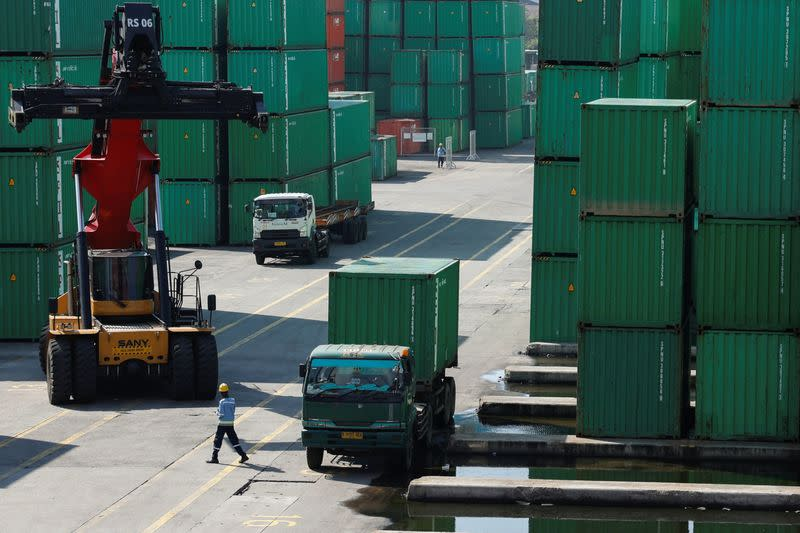
China says successful US trade talks make return to tariff war unnecessary
Key Points
- China's Commerce Minister Wang Wentao emphasized the need to stabilize trade relations with the U.S., urging the U.S. to act responsibly as a major power.
- China faces an August 12 deadline to finalize a tariff agreement with the U.S., with potential global supply chain disruptions if no deal is reached.
- Recent negotiations in Europe highlighted that a tariff war is unnecessary, with Wang advocating for dialogue to manage differences.
- Nvidia will resume selling H20 AI chips to China, a decision linked to broader negotiations on rare earths exports.
- Wang noted that forced decoupling between the U.S. and China is impractical, as both nations rely on irreplaceable goods and services.
Summary
China's Commerce Minister Wang Wentao expressed a strong desire to stabilize trade relations with the United States, emphasizing the economic interdependence between the two nations despite recent tensions. Speaking to reporters, Wang urged the U.S. to act as a responsible superpower and highlighted the importance of dialogue, citing productive talks in Geneva and London as evidence that a tariff war is avoidable. With an August 12 deadline looming for a durable tariff agreement, failure to reach a deal could disrupt global supply chains with duties exceeding 100%. Wang also met with Nvidia CEO Jensen Huang, who confirmed the resumption of H20 AI chip sales to China, a move tied to negotiations on rare earths, which saw a 32% export increase in June. Despite high U.S. tariffs on China at 53.6%, Wang stressed that forced decoupling is unfeasible due to the irreplaceable nature of traded goods and services. China remains committed to avoiding a trade war but is prepared to defend its interests if necessary, seeking a path toward healthy and sustainable economic ties with the U.S. through continued communication and cooperation.
yahoo
July 18, 2025
Stocks


